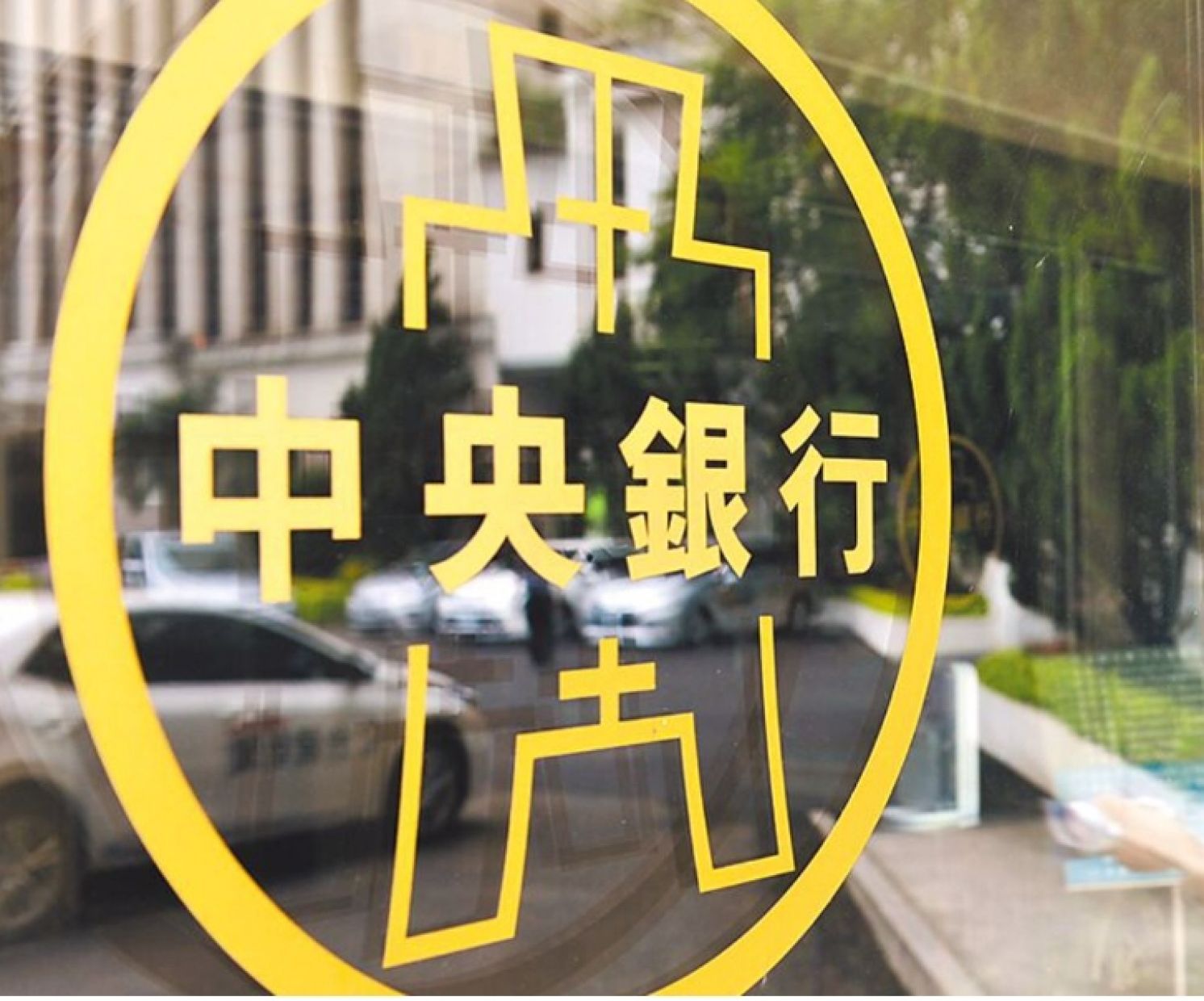
This Week in Taiwan 0611-0617
June 11: In a recent interview, Director Sandra Oudkirk of the American Institute in Taiwan expressed that the United States seeks dialogue and exchanges with China and will not stop others willing to do so. The U.S. welcomes Taiwan's presidential candidates to have more contact with mainland Chinese officials. She understands that all three political parties want to communicate with China, and the U.S. absolutely supports it.
June 12: The Ministry of Health and Welfare announced the top 10 causes of death for Taiwanese people in 2022. The coronavirus (COVID-19) entered the list for the first time, ranking third. The total death toll of the top 10 causes of death in 2022 exceeded 200,000, a record high. According to public health experts, with the availability of vaccines and medication, the fact that COVID-19 has become the third leading cause of death and the resulting excessive death toll demonstrates the government's failed epidemic prevention policies.
June 13: Online media The Messenger exclusively reported that the United States is concerned about tensions in the Taiwan Strait and is formulating a plan to evacuate American citizens in Taiwan. Spokesman John Kirby of the National Security Council responded that the evacuation of U.S. citizens from conflict areas is not a routine policy, and there is no indication from the current condition in Taiwan that needs a reconsideration of this approach. According to the Ministry of Foreign Affairs, no country is currently conducting evacuation exercises.
June 13: The Ministry of National Defense released a National Defense Response Manual 2023, which lists in detail emergency responses in seven war situations, from air strike concealment to nuclear war protection. It also includes detailed illustrations of the combat uniforms of the People's Liberation Army and the Republic of China Armed Forces so as to better identify friend or foe. The content has doubled relative to the manual released in April last year. However, due to errors in the content, it has attracted continued criticism after publication.
June 14: It has been reported in the market that ASUS, a major manufacturer of personal computers, will be undertaking major organizational adjustments and laying off employees. ASUS denied layoffs, claiming that the organizational adjustment is to optimize operations, and the gaming group will be merged into the personal computer group (consumer products). The new organizational structure will take effect on July 1, and the new organizational size is expected to be determined by the end of September.
June 15: The Central Bank held its second-quarter Board of Directors and Supervisors meeting in which it decided to stop raising interest rates and maintain the rediscount rate at 1.875 percent, the same as the previous quarter. The Central Bank has also significantly revised down its economic growth forecast for this year to 1.72 percent, indicating little hope that Taiwan can achieve the target of 2 percent. There is a significant gap between this estimate and the 2.04 percent estimated by the Directorate-General of Budget, Accounting and Statistics, Executive Yuan. The estimate by the Central Bank is also the lowest figure among those released by major domestic institutions.
June 15: The Taiwan Public Opinion Foundation (TPOF) released its latest poll on party support. The Democratic Progressive Party (DPP) garnered 24.6 percent, the Taiwan People's Party (TPP) 22.2 percent, and the Kuomintang (KMT) 20.4 percent. Chairman You Ying-lung of the TPOF stated that the TPP has surpassed the KMT in public support five times now, showing that Taiwan's party politics has evolved to become tripartite. The DPP has lost the support of more than 3 million voters in three and a half years, and the KMT has also lost nearly 3 million voters. Both cases present serious warning signs.
June 18: At the opening of the Straits Forum, Wang Huning, chairman of the Chinese People's Political Consultative Conference, announced that Fujian will build a demonstration zone for cross-strait integration, to make Fujian more apparent as the first stop for Taiwan compatriots and Taiwanese companies to land. This is also the latest Taiwan policy put forth by mainland China. According to Wang, only by adhering to the 1992 Consensus and opposing Taiwan independence can the Taiwan Strait be restored to a calm state and cross-strait relations return to the right track of peaceful development. During the meeting, Wang also read a congratulatory letter from Chinese President Xi Jinping.